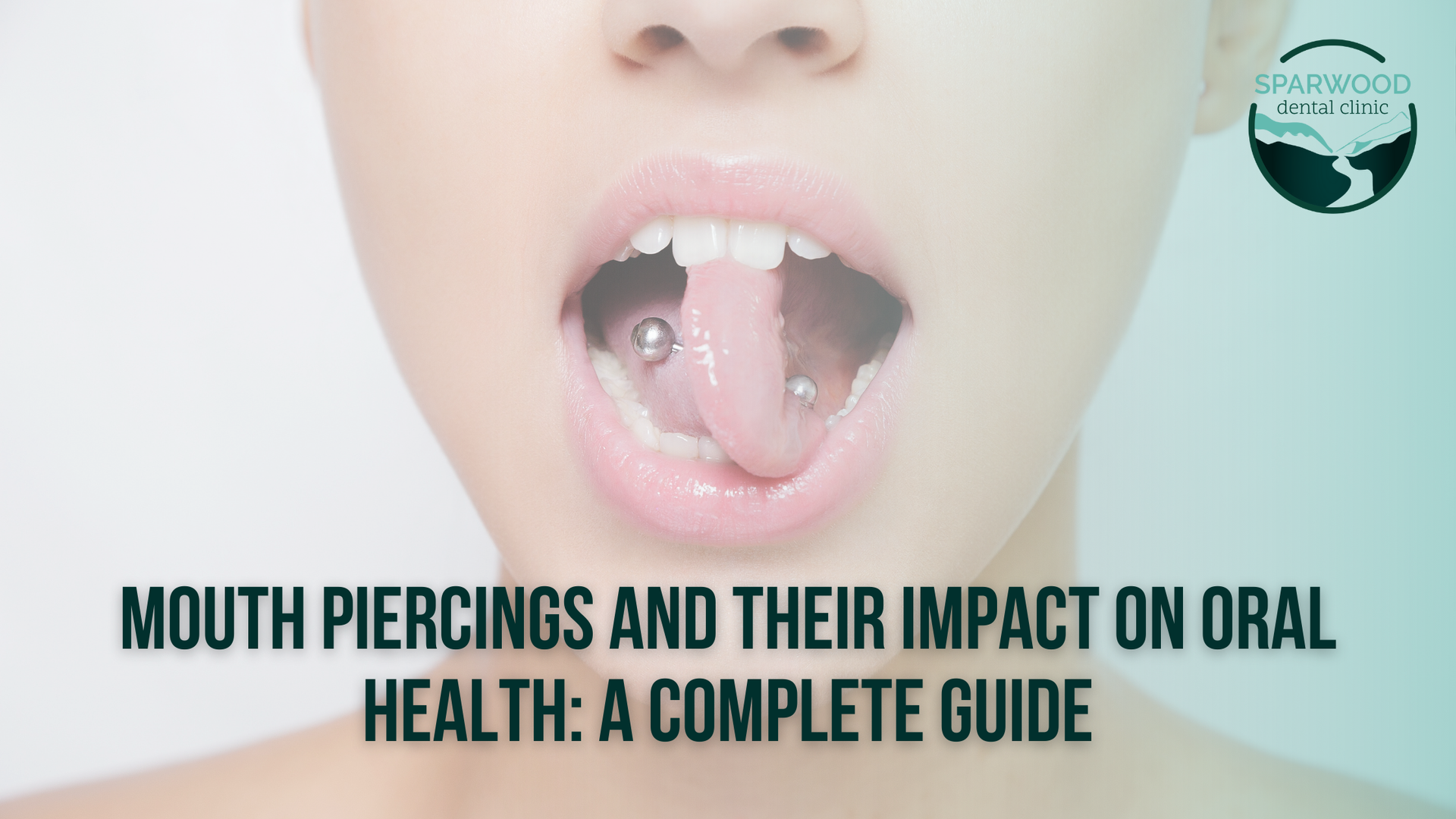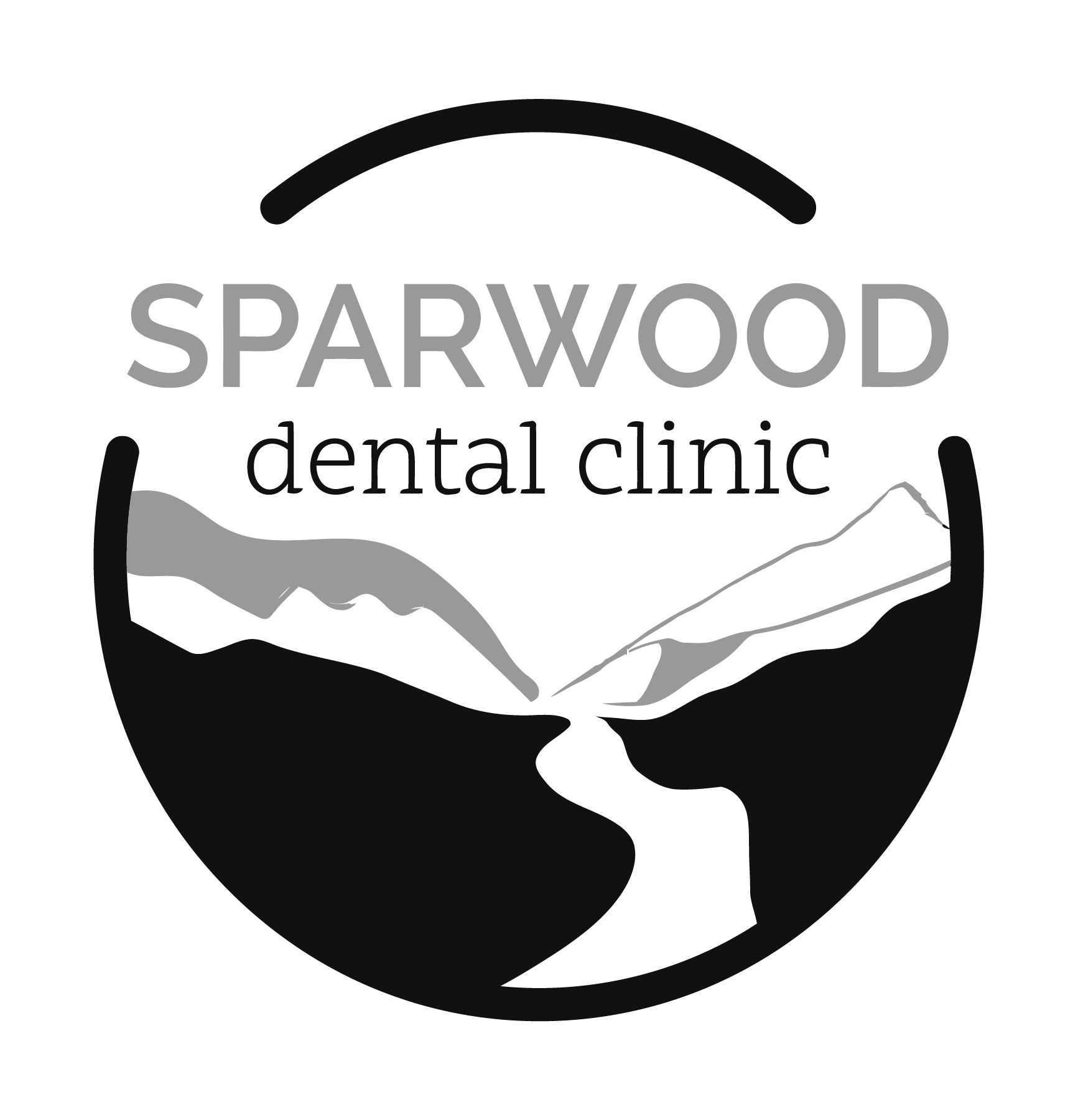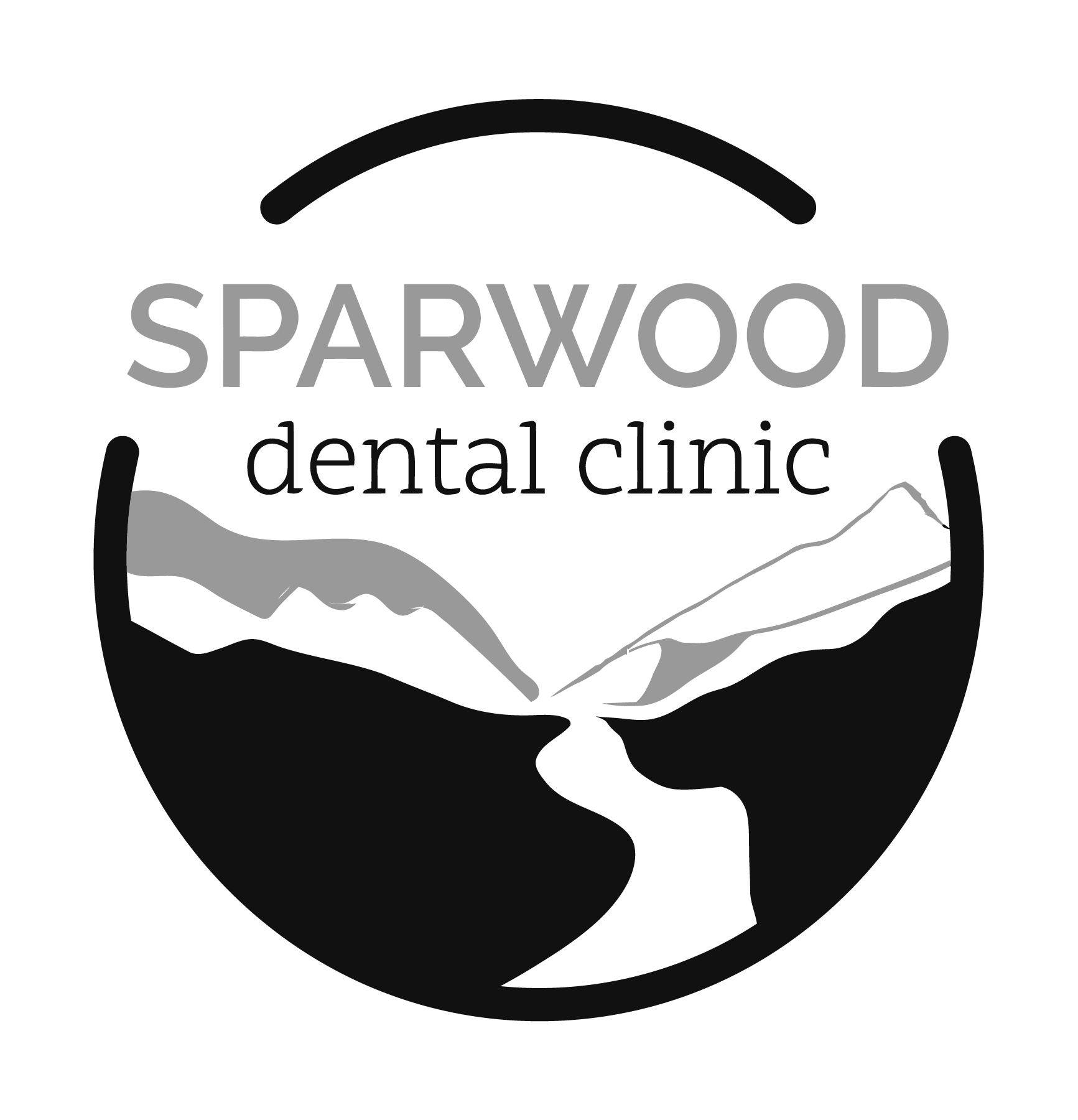Exploring Permanent & Removable Dentures
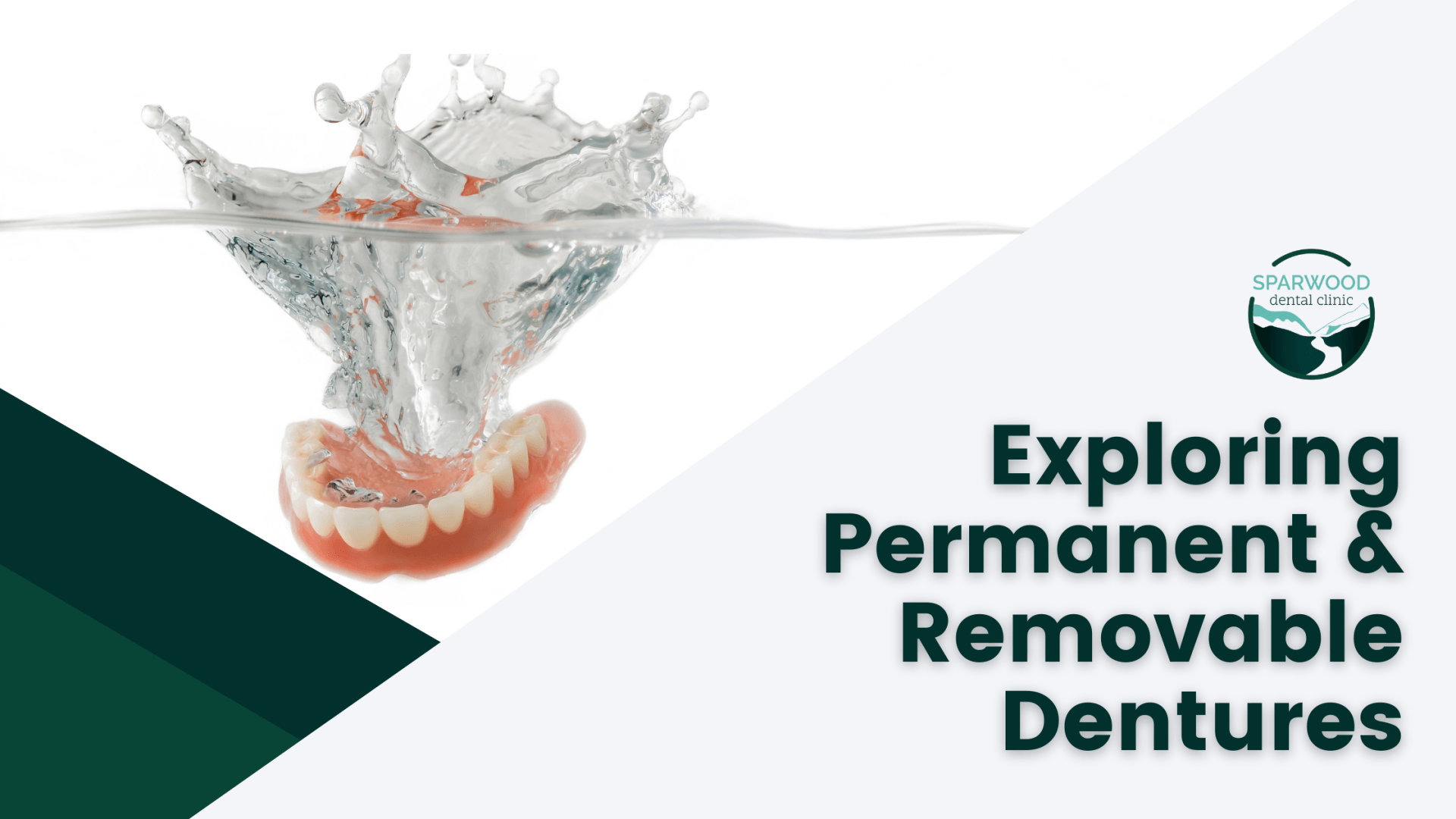
Envisioning ourselves with a missing tooth, or multiple teeth can be the stuff of nightmares, an image that makes us shudder at the very thought. Luckily, there are dentures, both permanent and removable, to fill your oral void. Tooth decay, gum disease, and facial injuries can all have adverse effect that results in tooth loss. Adults who have lost a single tooth or several can ask their dentist about customized dentures and what options are out there.
Candidates for Dentures & Which Type is Right for You

What type of denture is selected is a combination of the patient's circumstances and personal preference. Candidates for dentures include men and women with significant tooth loss, but it hinges on the overall condition of the patient's teeth. And you must have sufficient jaw bone structure and healthy gum tissue because false teeth require a proper amount of support from natural tissue to remain in place for the long haul. Patients over the age of 65 make up the most common age group that relies on false teeth, but some need dentures shortly after passing age 40, particularly women.
Types of Permanent Dentures
Fixed Partial Dentures: fixed partial dentures (FPD), also referred to as implant-supported bridges, utilize your existing teeth as abutments. Abutments, for those who are wondering, are the surrounding teeth that serve as the primary support for the denture. FPDs are intended to replace a few missing teeth in a row with two dental implants, restoring one or more missing teeth when natural teeth are present on either side of the opening. Fixed partial dentures offer improved aesthetics, a stronger alternative to removable false teeth, consistent tooth positioning, a superior bite, and lengthier protection for your oral structure. Their disadvantages, however, are also multifaceted because of the irreversible replacements of your surrounding teeth, the greater risk of decay for abutments, and potential injuries to the periodontium and dental pulp.
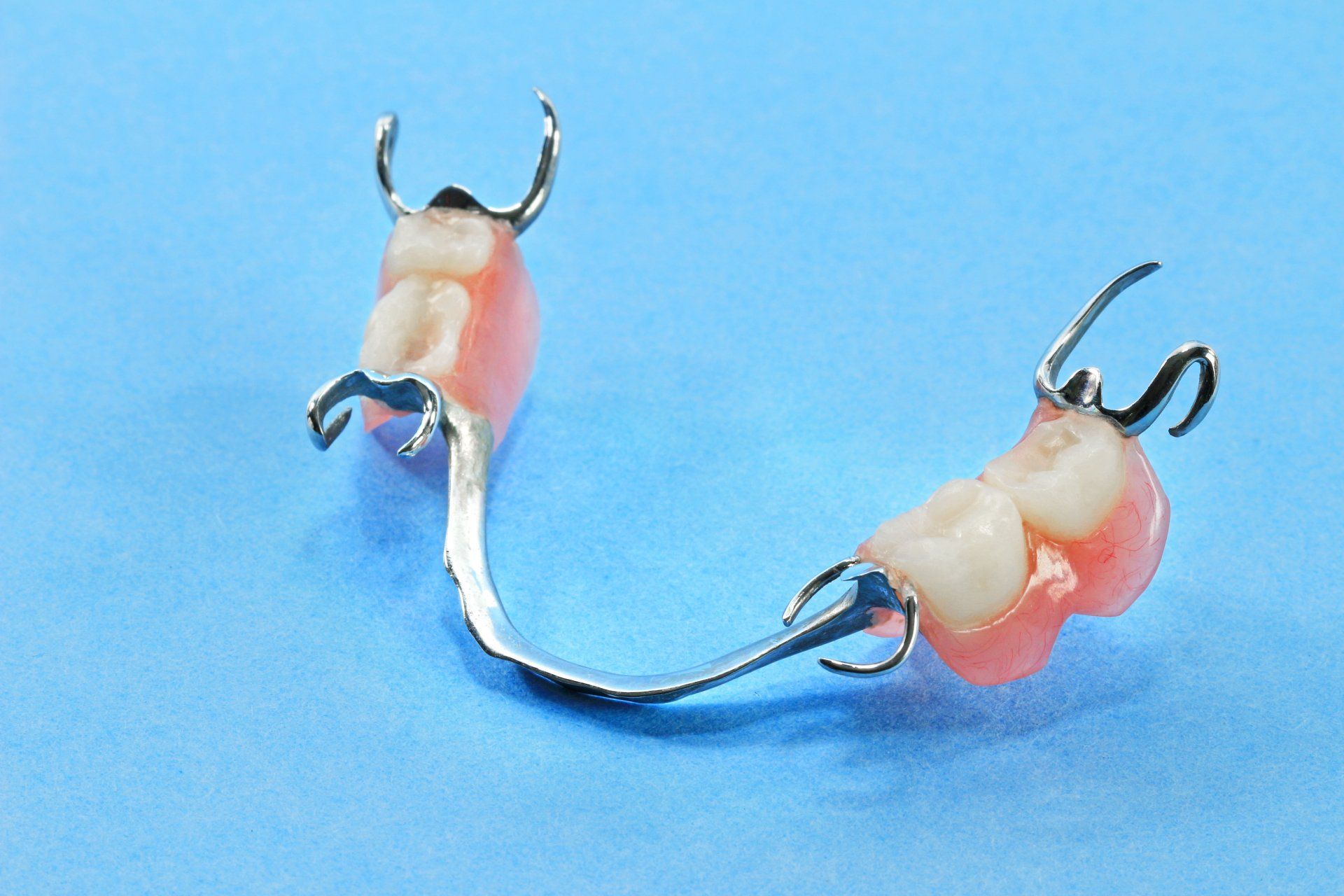
Types of Removable Dentures
Complete Dentures: These are removable replacements for a patient's full set of teeth, customized to restore the shape and appearance of natural teeth. Conventional dentures will enhance your ability to crush, grind, and eat food as you normally would. Due to the lack of anchorage in the bone though, your chewing functions will not match what is experienced with natural teeth or implants. Also, complete dentures come with thick material that covers the palate, causing many patients to develop a speech impediment. Complete dentures, most commonly seen in elderly patients who have lost teeth over the years, are the final option for tooth restoration after all other methodologies have been proven ineffective.
Removable Partial Dentures: removable partial dentures (RPD), as the name implies, only replace some missing teeth, with the new dentures attached to a gum-coloured plastic base. Dentures of this type are built onto a cast metal framework to provide strength, working to restore the natural look, feel, and function of your teeth. Capable of being removed at any time and simple to replace, they are generally recommended for patients who are unable to get a dental bridge. Two types of removable partial dentures are available: cast partial dentures, made of tissue coloured acrylic (gums), replacement teeth, and a metal framework to hold all of the materials steady, are ideal for patients with one or more natural teeth remaining in the lower or upper jaw; and acrylic partial dentures, made of acrylic resin that resembles the look and function of natural teeth, a temporary solution because of the patient's gums needing to act as a support mechanism for the teeth.
Implant-Retained Dentures: clicking into place and latching onto the abutments (metal posts), implant-retained dentures can improve more than one tooth, increasing stability and improving chewing function more than traditional dentures. Because they do not permanently attach to dental implants, you have to remove them on a nightly basis for cleaning and tissue rest. Implant-retained dentures are long-lasting and there are two types at your disposal: ball attachment or locator-attached (an implant-retained option that replaces permanent lower teeth) and bar attachment (a bar-shaped implant that supports a full set of false teeth in the lower jaw).
Immediate Dentures: once a patient's teeth are extracted, they are to wait a minimum of six to eight weeks before receiving their false teeth, as the extraction site and jaw bone need to adequately heal. Removable immediate dentures are short-term, on-the-spot fill-ins that can be used right after your natural teeth are extracted. While convenient, they are more challenging than traditional dentures because they are not molded specifically to the gums. You will have two choices if you are opting for immediate dentures: conventional immediate dentures, removable artificial teeth created for prompt use after natural tooth extractions; and interim immediate dentures, designed to improve aesthetics and facial appearance for a short duration of time leading up to the placement of your ultimate false teeth.
How to Clean and Care for Your Dentures
Dental plaque buildup on false teeth can cause bone loss, bad breath, and stomatitis, an inflammation of the soft tissue lining within your mouth. Uncleaned dentures can also produce a fungal infection known as oral thrush. Follow proper denture care to avoid these conditions by:
- Gently brush the dentures at night with a soft denture brush to remove any plaque. As you brush, the removable dentures should be held over the sink with a small washcloth that will cushion an accidental drop. Whether they fall into the sink, on the counter, or the floor, false teeth are not designed to withstand this sort of impact, so handle them carefully.
- Soaking your dentures in a commercial denture-cleansing liquid overnight, preparing them for the next day when you brush again and wear them.
- A second overnight soaking option is white vinegar diluted with water, a mixture that removes calculus or prevents its formation. Vinegar, in its purest form, is acidic and can harm the surface of the teeth, leading to acid erosion. Practicing regular care for false teeth will ensure the long-term health of your gums, jawbone, and artificial teeth.
Determining Patient Eligibility For Dentures

Your eligibility to wear dentures is dependent on several factors. The first is whether the type of denture you are interested in can comfortably fit in your smile. Our dentists will need to check your jaw structure, the space between teeth, how many teeth are remaining, and the strength of your remaining teeth and jaw bone. Those who need dentures due to illness, periodontal disease, bone loss, or tooth decay might be offered fewer options. After our dental evaluation, we will be able to determine which type of dentures you can wear. Once we present you with your options, you might want to see if the treatment is covered under your insurance plan. Most dental plans include some type of coverage for restorative dentistry. Let us know if you would like to receive a quote on your purposed treatment plan.
All denture treatments, partial and complete, are completely custom. They offer you the ability to do all of the things you used to do, like a smile, talk, eat, and drink. If you are interested in determining your options for dentures, schedule an appointment with us at Sparwood Dental Clinic.
Call us to Schedule Your Next Appointment

